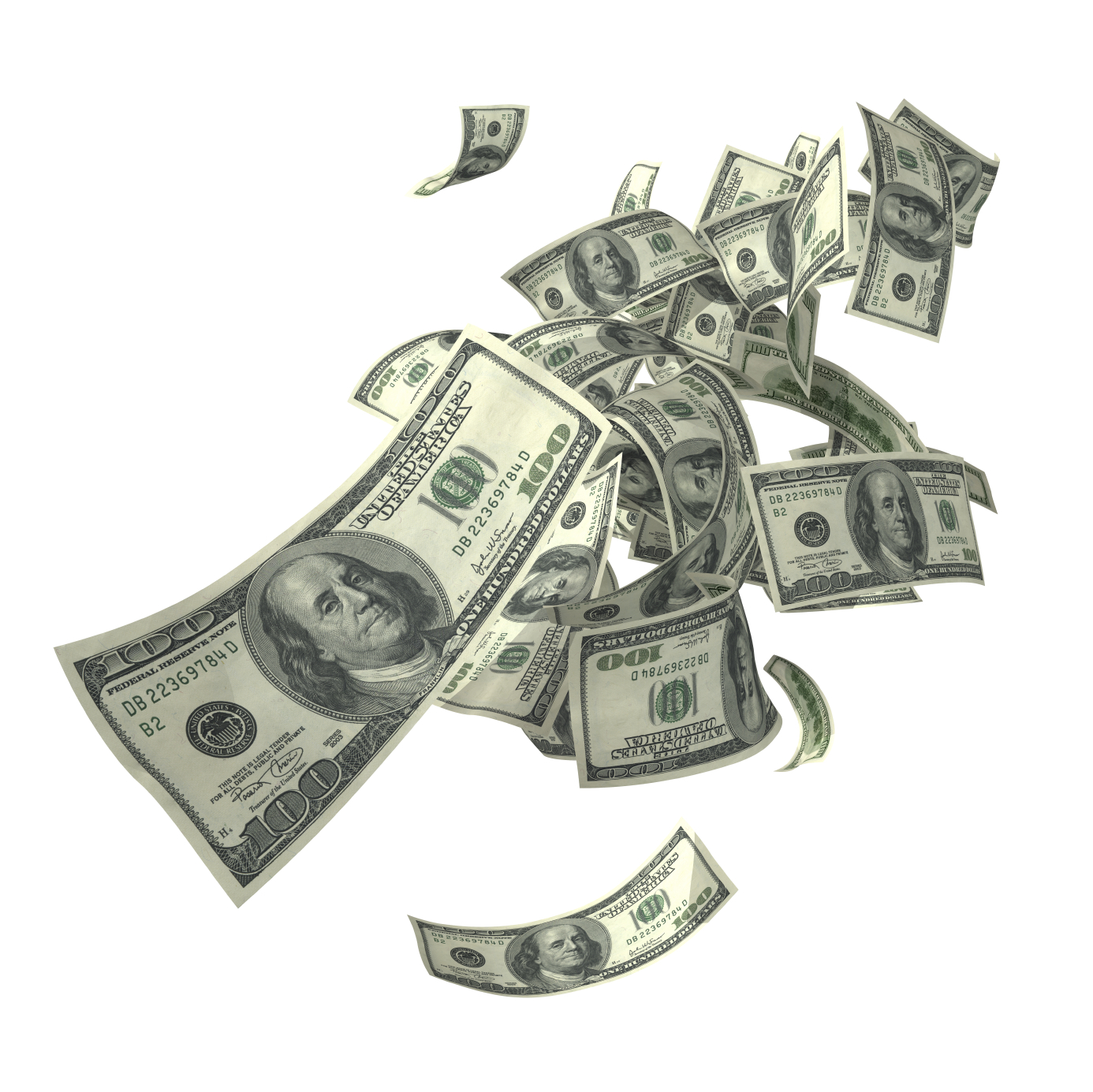By: Lynn Rilling
Income Director

The primary purpose of the CFA is to represent consumers’ interests before Congress and federal regulatory agencies. While the diversity of the attendance can (and should) be translated to a variety of interests and agendas, people seemed to be open to those representing the “other side” of an issue and because of this, and a robust agenda, a great deal of information could be learned and absorbed by all.
While there were numerous speakers, including Elizabeth Warren (new head of the recently established federal Consumer Financial Protection Bureau), the Honorable Sheila Blair (Chairperson of the FDIC), and Mark Zandi (Chief Economist of the Moody’s Economy), one of the most interesting experiences I had during this day and a half conference was a breakfast to discuss the unbanked and underbanked.
If “unbanked” and “underbanked” are foreign words to you – then you are one of the lucky ones. Sadly, 40 – 60 million people in this country do not have a savings or checking account, or do, but lack sufficient funds to support themselves if an emergency arises. Five percent of banking customers make up 70 percent of overdraft fees charged by banks. The average total in overdraft fees for an individual, typically underbanked, this past year was $1,600. Low-income people are the hardest hit by these fees and, obviously, are the least likely to be able to afford it.
UWSL welcomes ideas from individuals, bank and credit union employees, grassroots consumer advocacy organizations, and government officials to help address this issue. What can we do, as a society, to assist low-income people with money issues – starting with simply setting up a checking account that works for these individuals, not against them?
